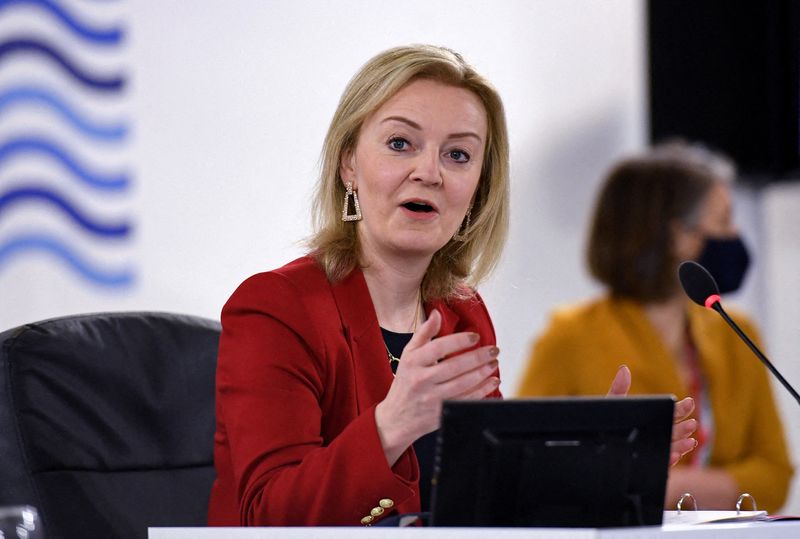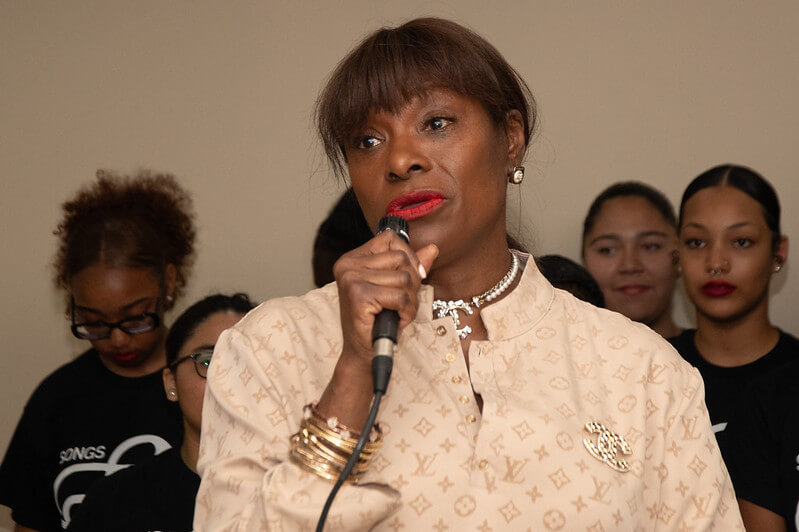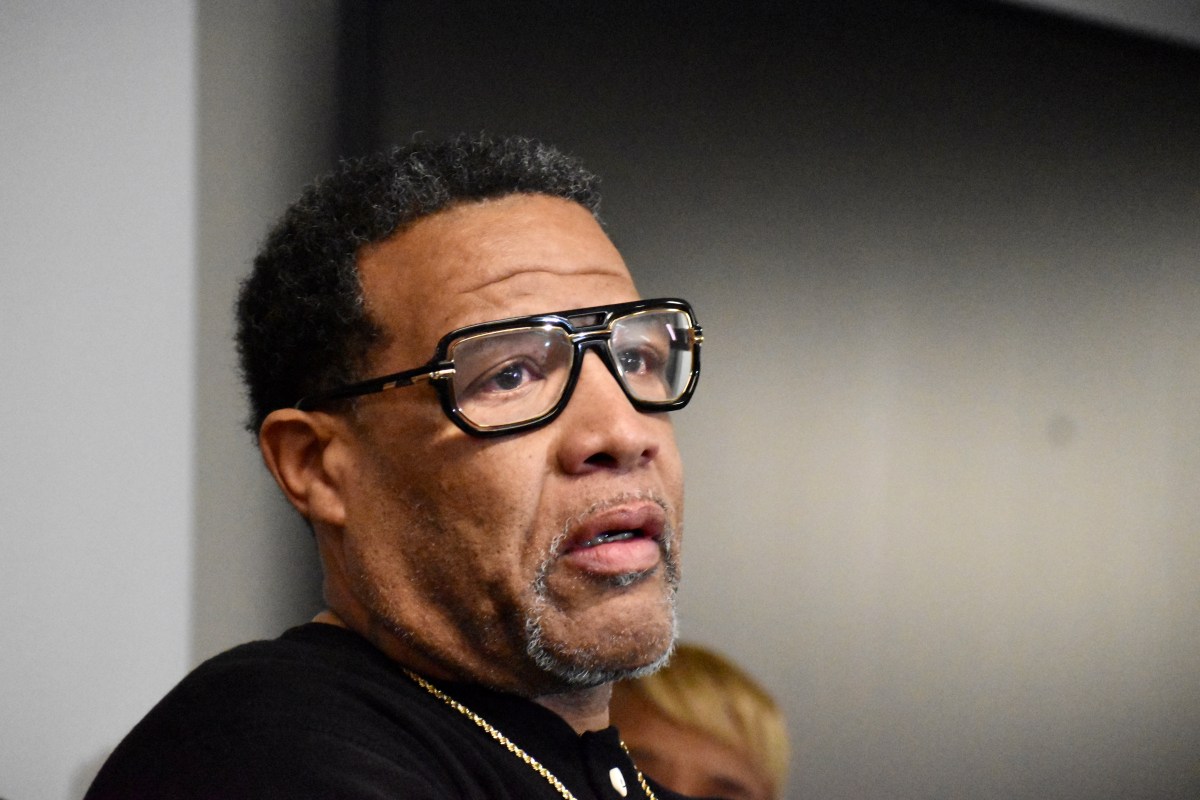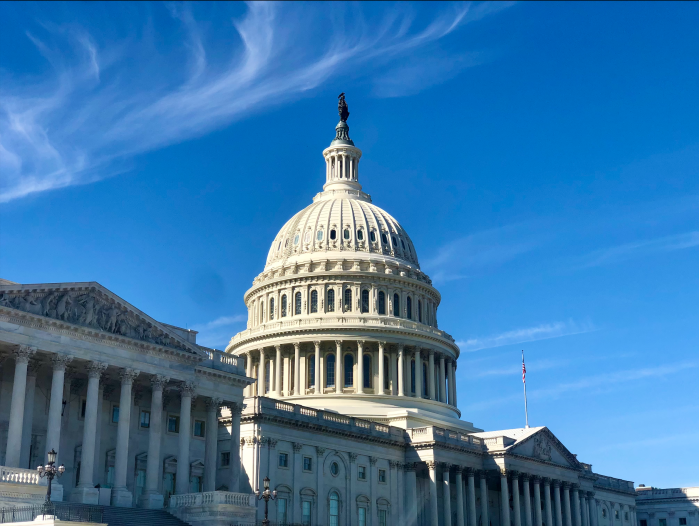LONDON (Reuters) -Foreign Secretary Liz Truss will become Britain’s lead negotiator with the European Union over trade to Northern Ireland following the resignation of Brexit minister David Frost, the prime minister’s office said on Sunday.
Britain formally exited the bloc at the start of this year but the two sides have been in talks to resolve difficulties over trade between Britain and Northern Ireland, a British province that shares a land border with EU member Ireland.
Frost, a core architect of Prime Minister Boris Johnson’s tumultuous Brexit strategy, quit https://www.reuters.com/world/uk/uk-brexit-supremo-frost-resigns-blow-johnson-mail-sunday-2021-12-18 on Saturday over disillusionment with the direction of government.
His resignation raised questions about the future tone of the EU divorce and the immediate course of talks on Northern Ireland.
“Liz Truss will take over Ministerial responsibility for the UK’s relationship with the European Union with immediate effect … and will lead the ongoing negotiations to resolve the problems arising from the current operation of the Northern Ireland Protocol,” Johnson’s office said.
Following the announcement, European Commission Vice President Maros Sefcovic said on Twitter: “My team and I will continue to cooperate with the UK in the same constructive spirit on all important tasks ahead, including the Protocol on Ireland/Northern Ireland.”
Frost negotiated the protocol, part of Britain’s Brexit deal with the EU, which was signed by Johnson’s government before it had second thoughts about it.
Truss, a former trade minister who took over as foreign minister in September, is popular among the ruling Conservative Party’s grassroots.
An avid user of social media tipped as a potential successor to Johnson, she backed “Remain” at the 2016 referendum on Britain’s EU membership but is now a supporter of Brexit.
The two sides are due to resume negotiations in January on issues ranging from customs checks and controls of agri-food products moving from Britain to its province, which is in the EU single market for goods and so subject to EU laws.
(Reporting by Kylie MacLellan;Editing by Andrew Cawthorne and Frances Kerry)





















